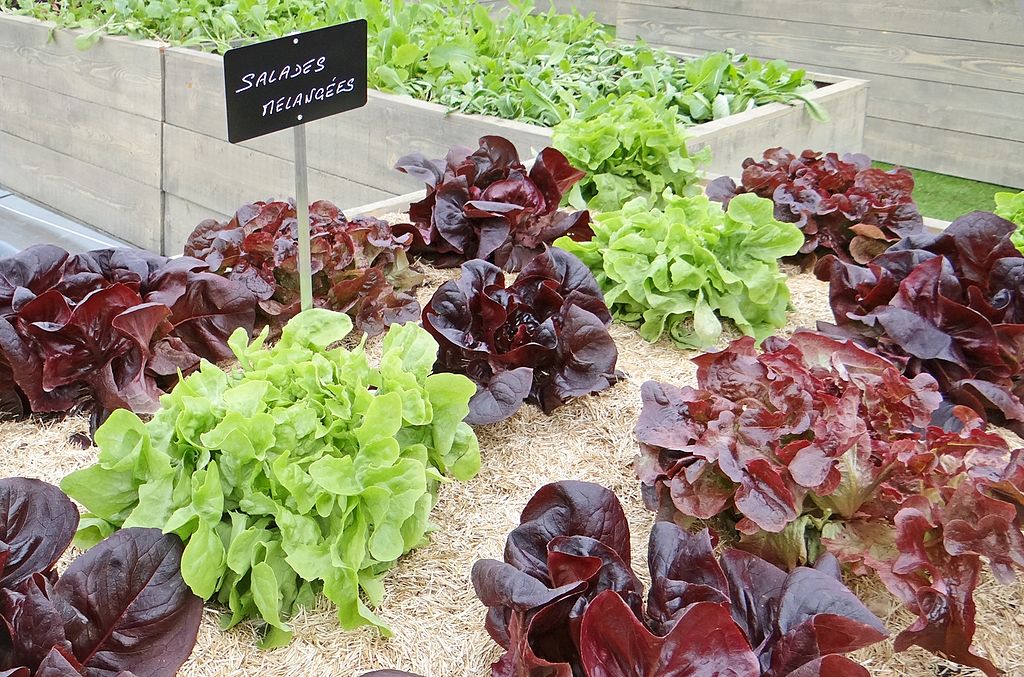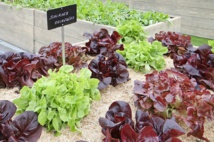Paul Lightfoot, CEO of BrightFarms, admits that creation of roof gardens is "a stupid idea, coupled with the high cost and extremely long collection of various permits." Initially, BrightFarms managed to raise $ 25 million in equity capital and project funding by $ 15 million, but now the company has switched to growing vegetables exclusively outside the cities. "Business is growing very slowly, and investors' money is being spent", - complains Lightfoot. The plantation, which BrightFarms eventually organized in rural areas in Virginia, came out worth $ 8.5 million in total. The Washington farm would cost 20% more expensive. Farm start-ups supported by venture capital made their bets on that the cultivation of lettuce and other greens on roofs would provide a harvest almost all year round, allowing to reduce the proportion of damaged goods and shipping costs.
Gotham Greens Farms, founded in 2009, had attracted funding of $ 30 million per year and now annually sells more than 20 million bunches of lettuce and other greens to restaurants and stores. It has four roof plantations, including the former toys production plant in the New York borough of Queens.
High-tech urban vegetable-growing households may require multi-million dollar investments and substantial research resources. "Technology plays very important role here," - says David Rosenberg, CEO of AeroFarms, operating in New Jersey. The farm consists of commercial plantations, as well as advanced research enterprise and a farm in an urban school. The total amount of funding raised by AeroFarms exceeds $ 70 million. The company has not yet become profitable, yet expects that the cash flow of each of its businesses will be positive throughout the year.
Farmers startups are trying to grow food with a shorter growth cycle. Brooklyn’s Edenworks produces salad, which maturation takes not more than three weeks, while the traditional farms cycle is at least four. However, Edenworks still needs other savings reserves to be successful. The company plans to reduce costs of their new enterprises by more than half due to the full automation of sowing, irrigation, packaging and labeling.
source: wsj.com
Gotham Greens Farms, founded in 2009, had attracted funding of $ 30 million per year and now annually sells more than 20 million bunches of lettuce and other greens to restaurants and stores. It has four roof plantations, including the former toys production plant in the New York borough of Queens.
High-tech urban vegetable-growing households may require multi-million dollar investments and substantial research resources. "Technology plays very important role here," - says David Rosenberg, CEO of AeroFarms, operating in New Jersey. The farm consists of commercial plantations, as well as advanced research enterprise and a farm in an urban school. The total amount of funding raised by AeroFarms exceeds $ 70 million. The company has not yet become profitable, yet expects that the cash flow of each of its businesses will be positive throughout the year.
Farmers startups are trying to grow food with a shorter growth cycle. Brooklyn’s Edenworks produces salad, which maturation takes not more than three weeks, while the traditional farms cycle is at least four. However, Edenworks still needs other savings reserves to be successful. The company plans to reduce costs of their new enterprises by more than half due to the full automation of sowing, irrigation, packaging and labeling.
source: wsj.com



















